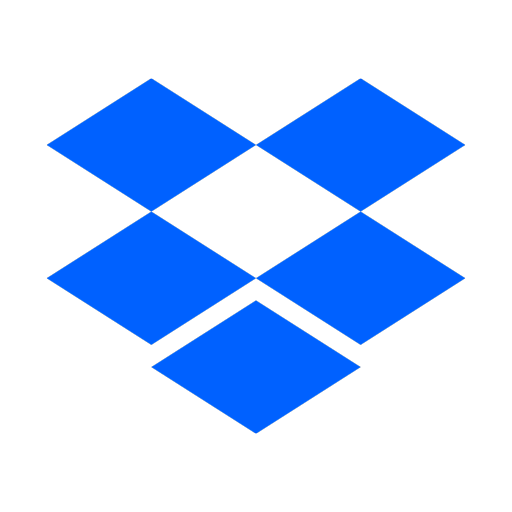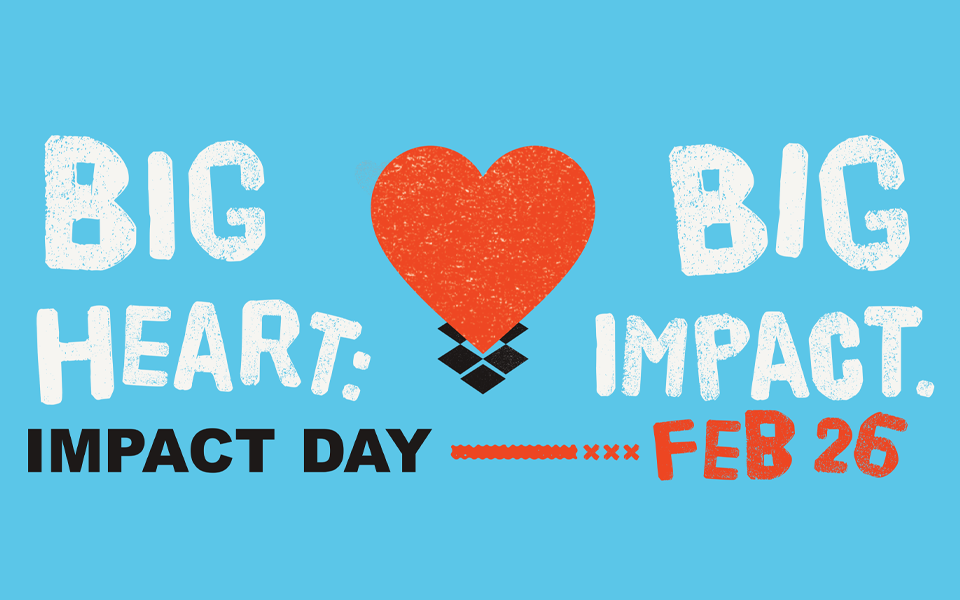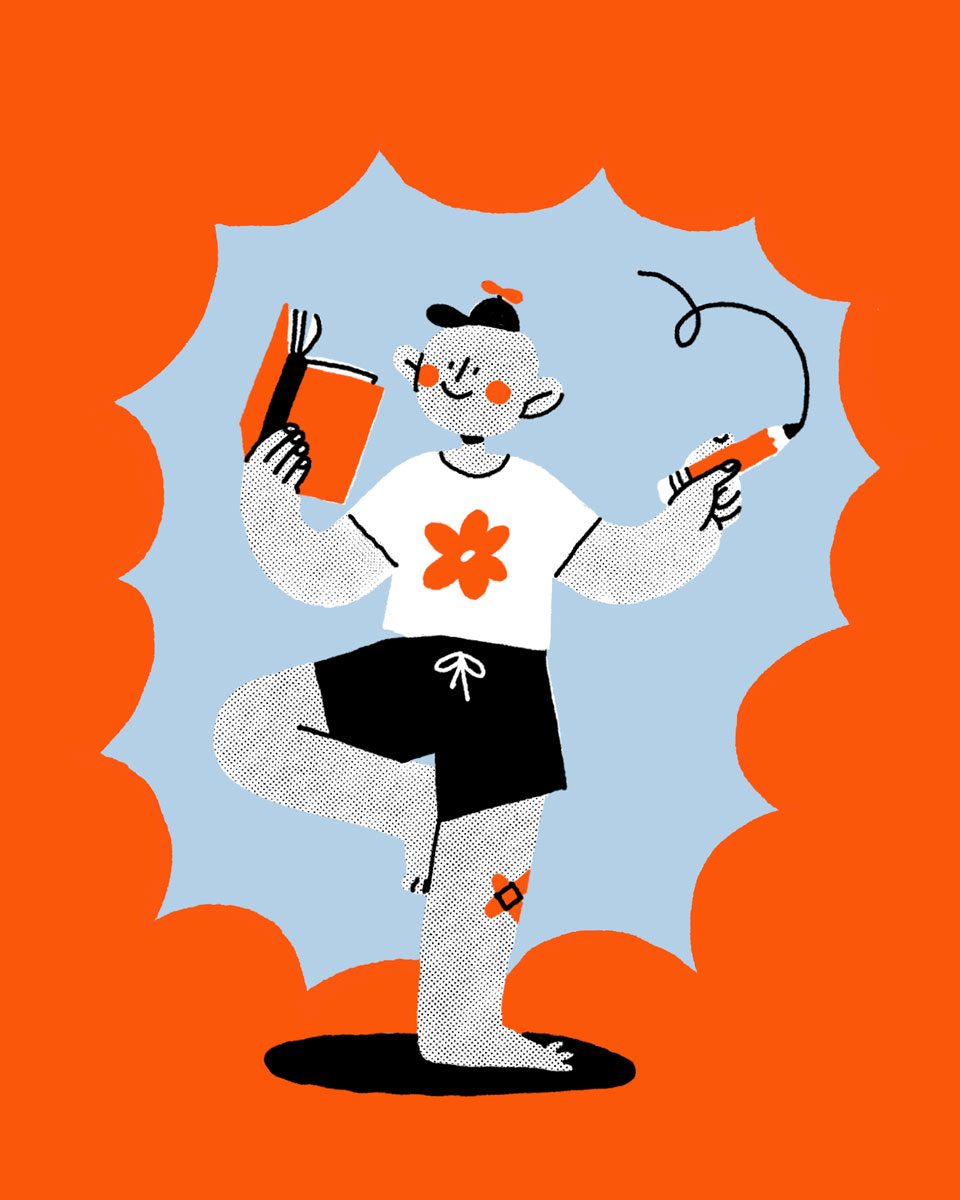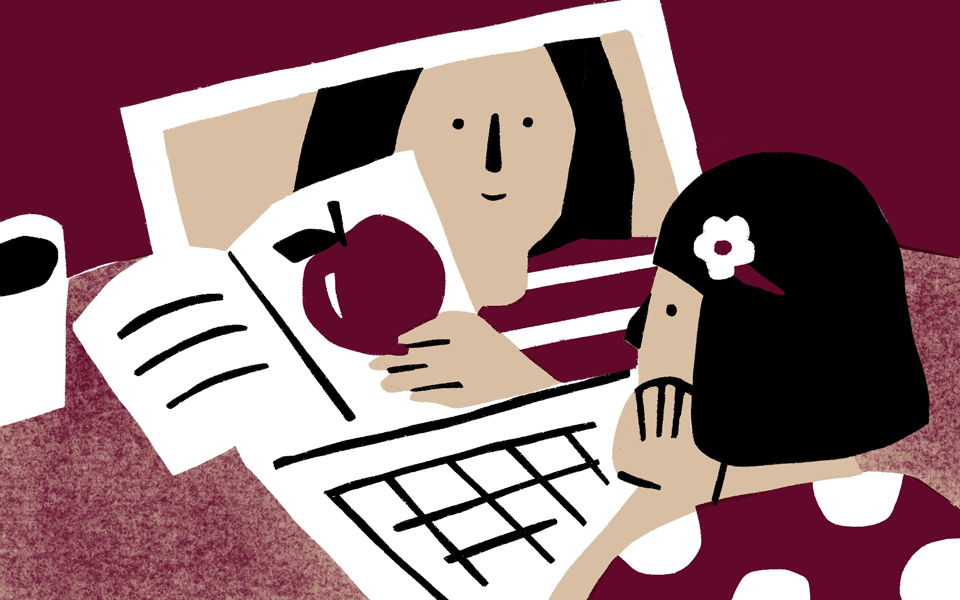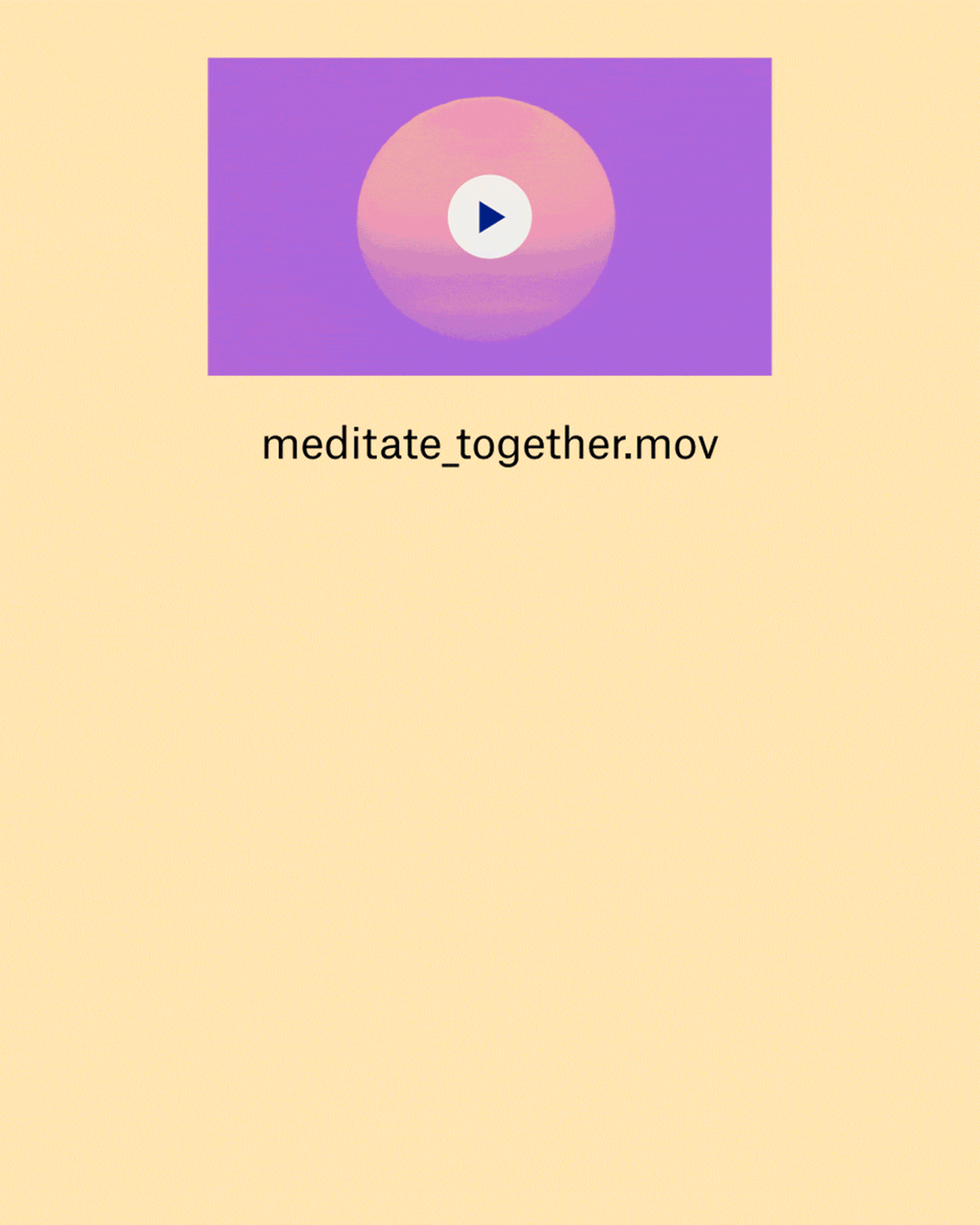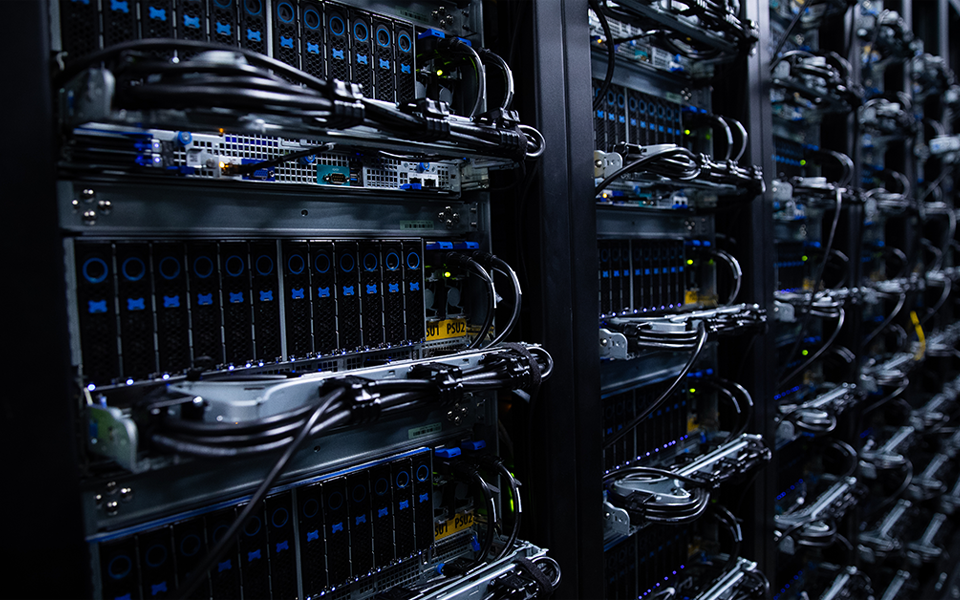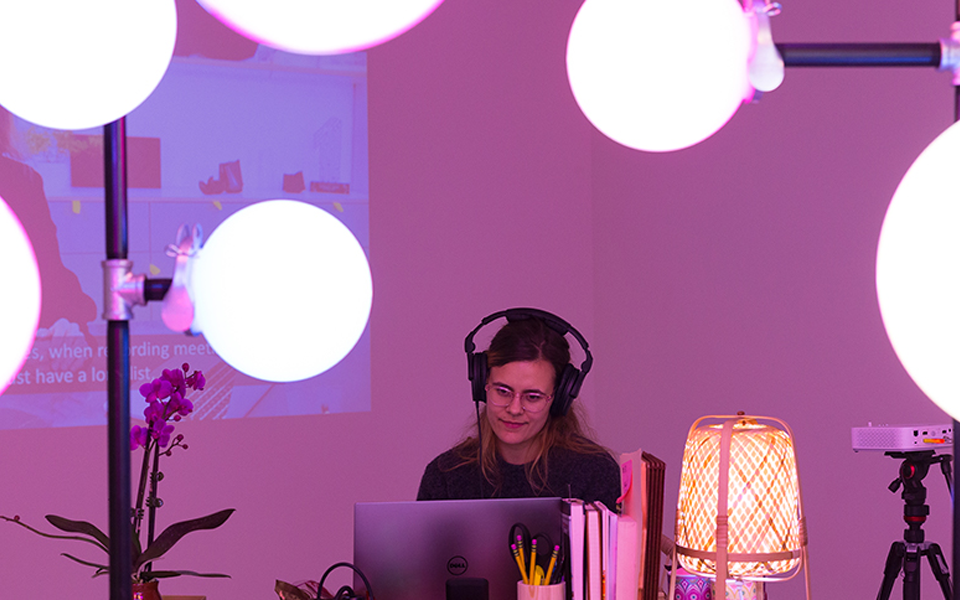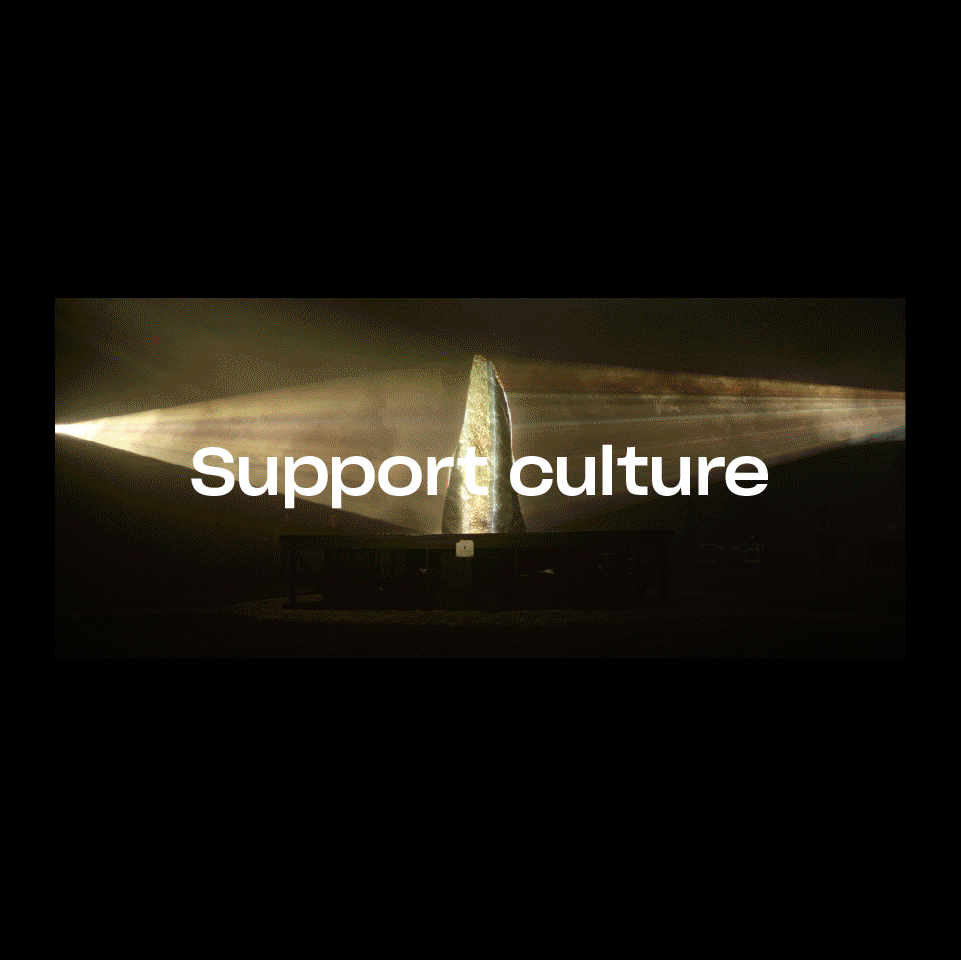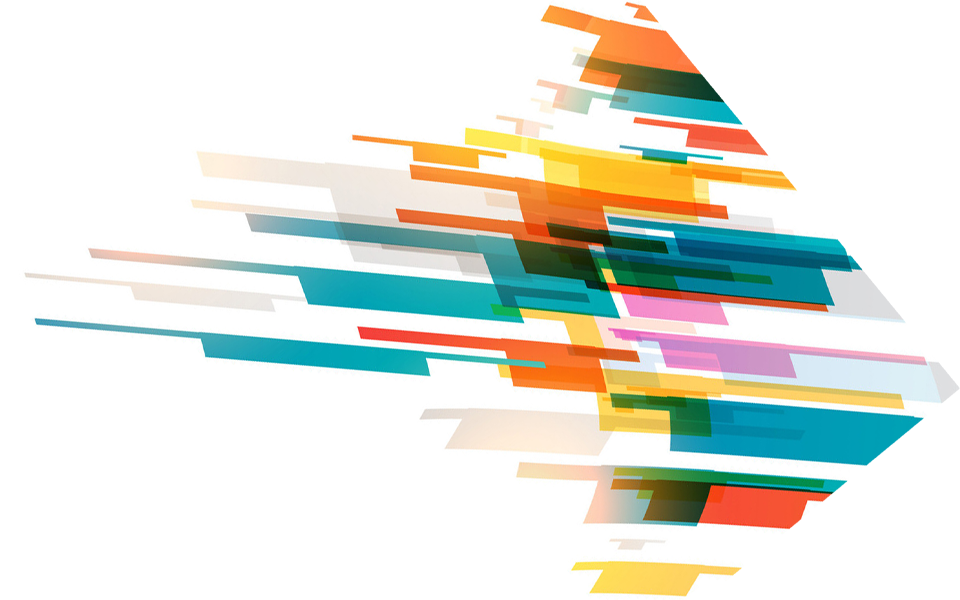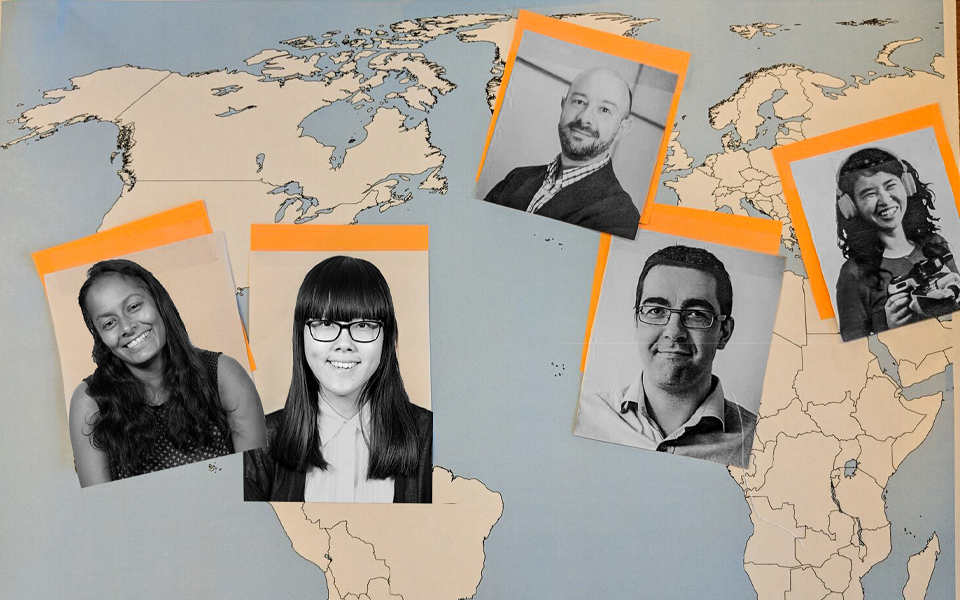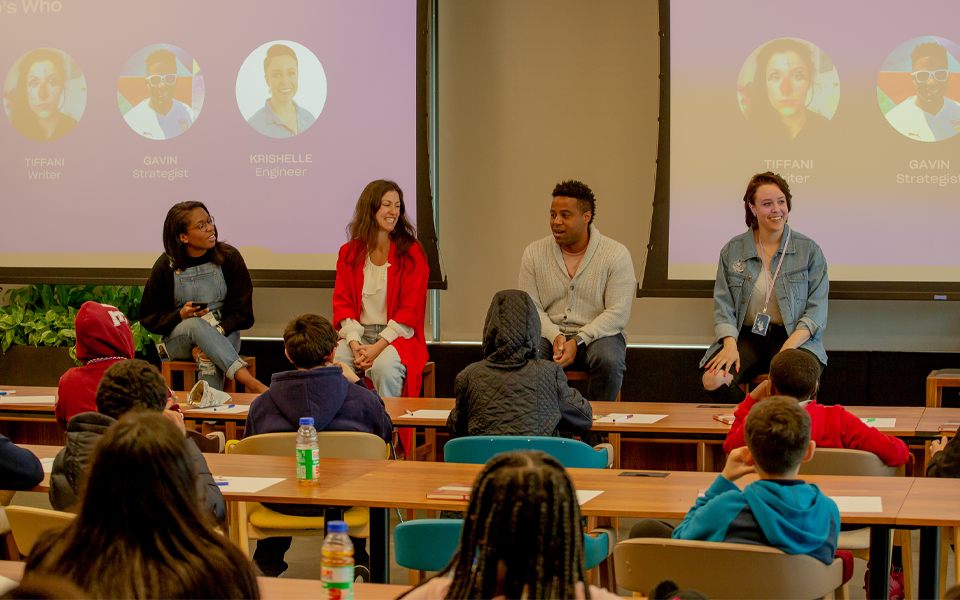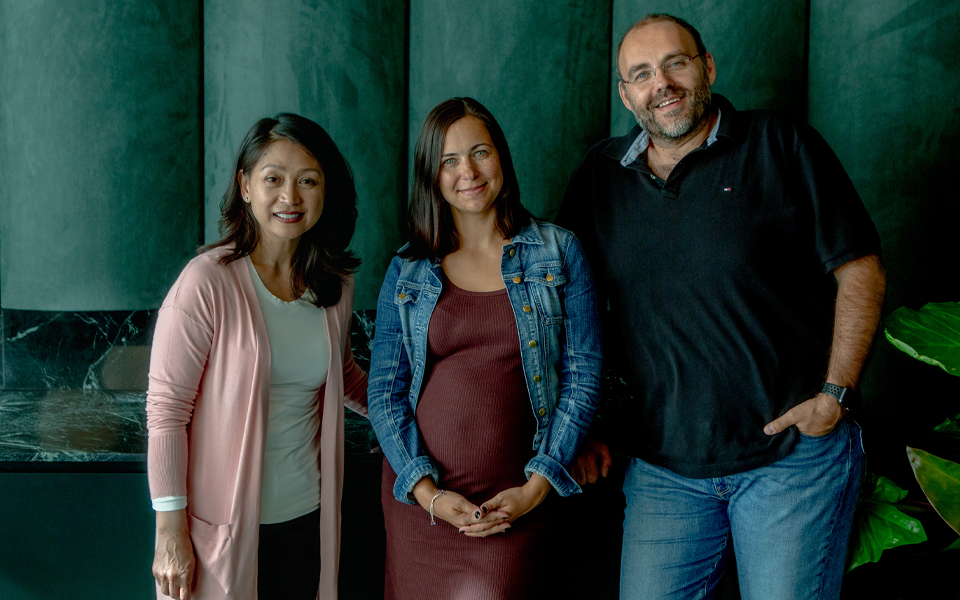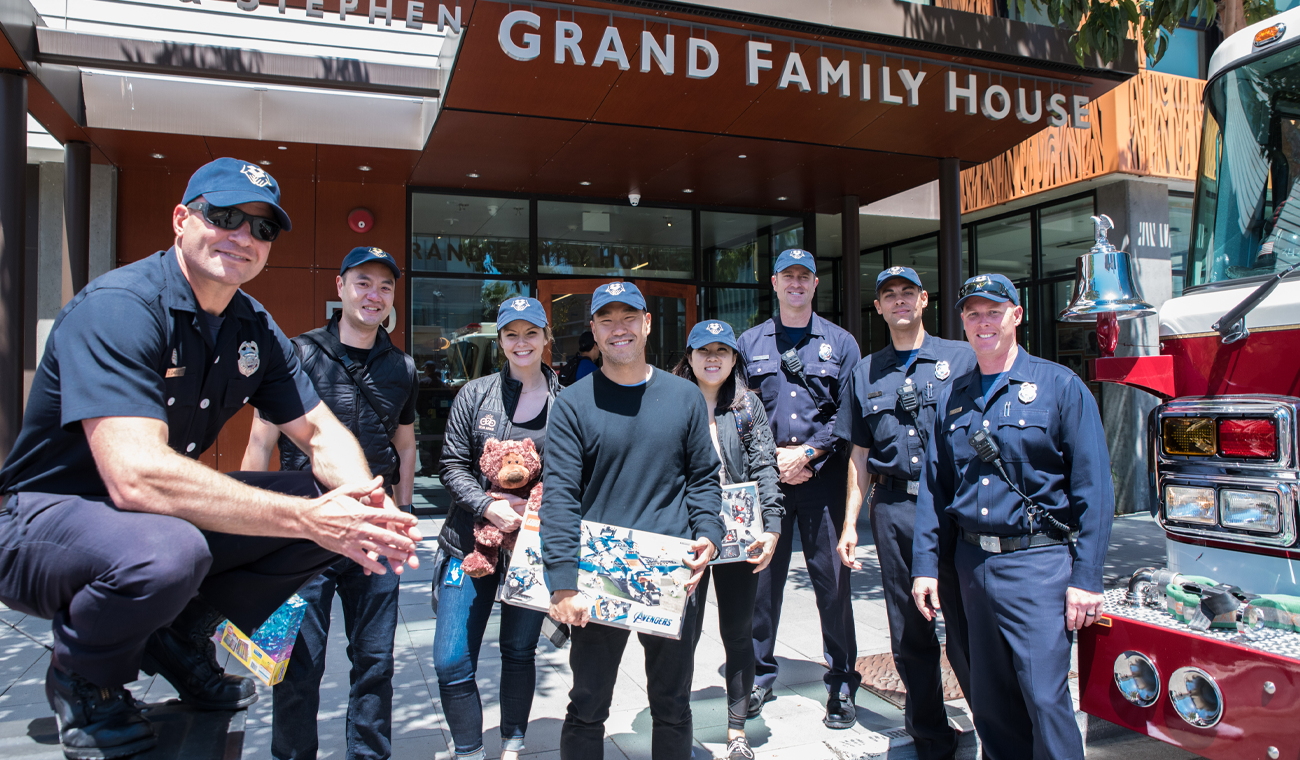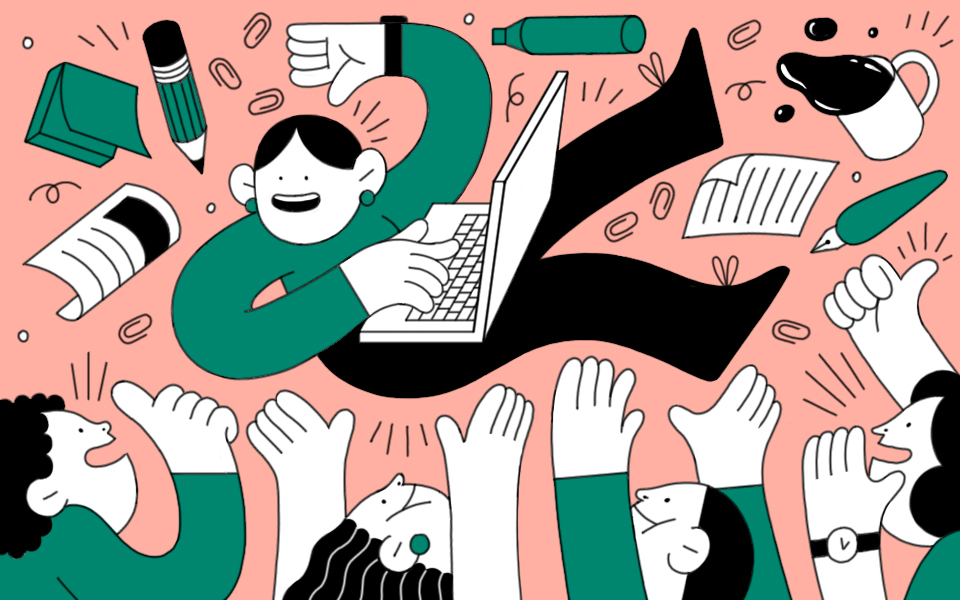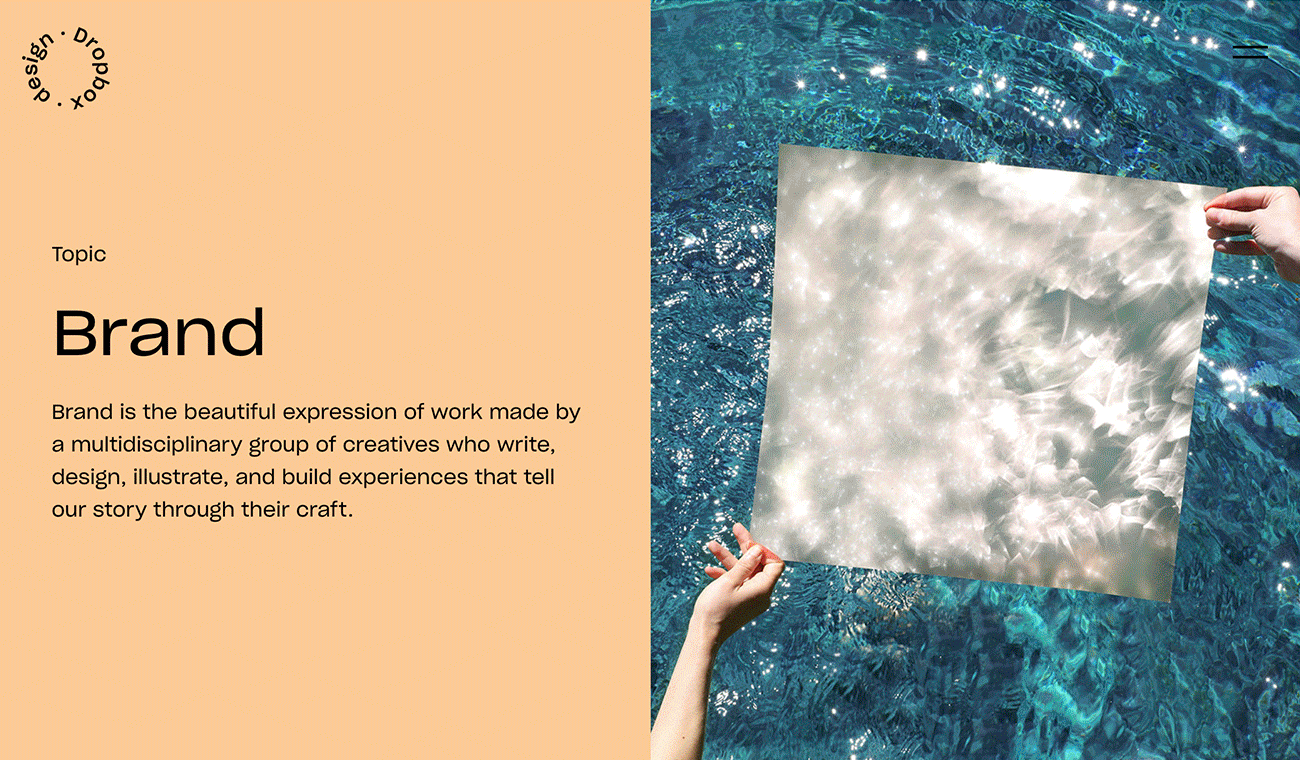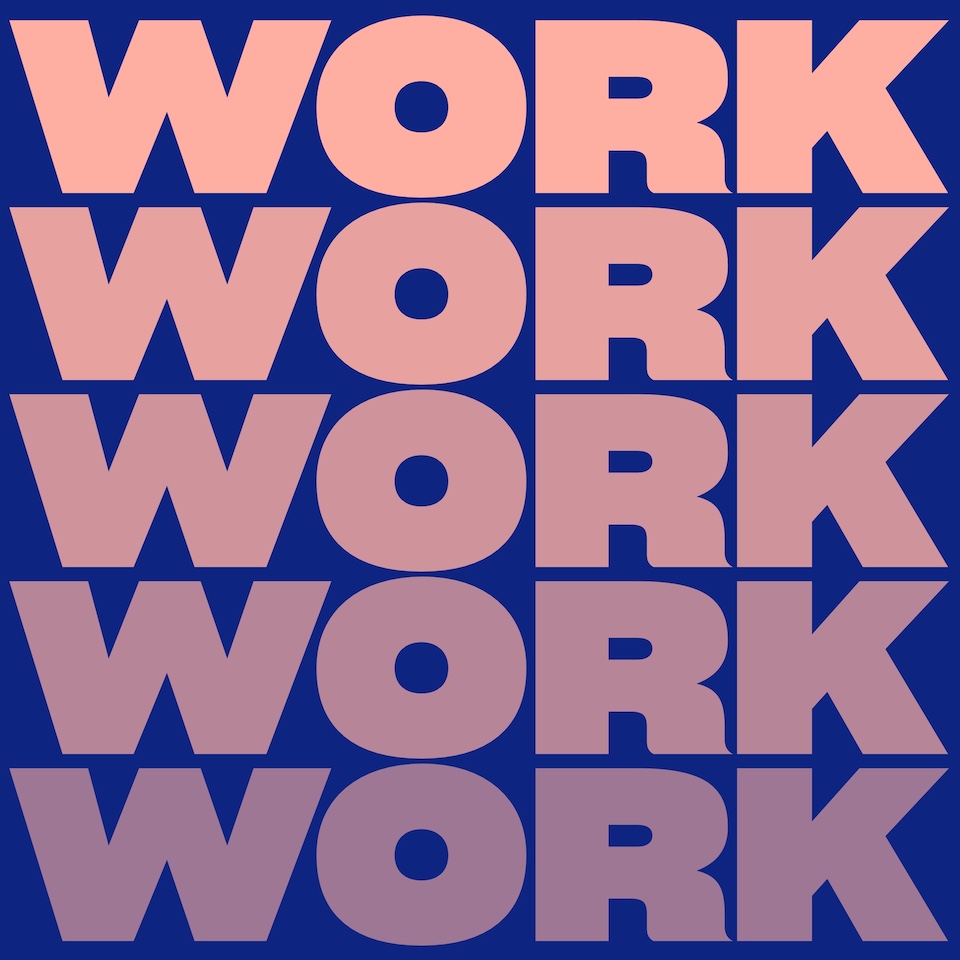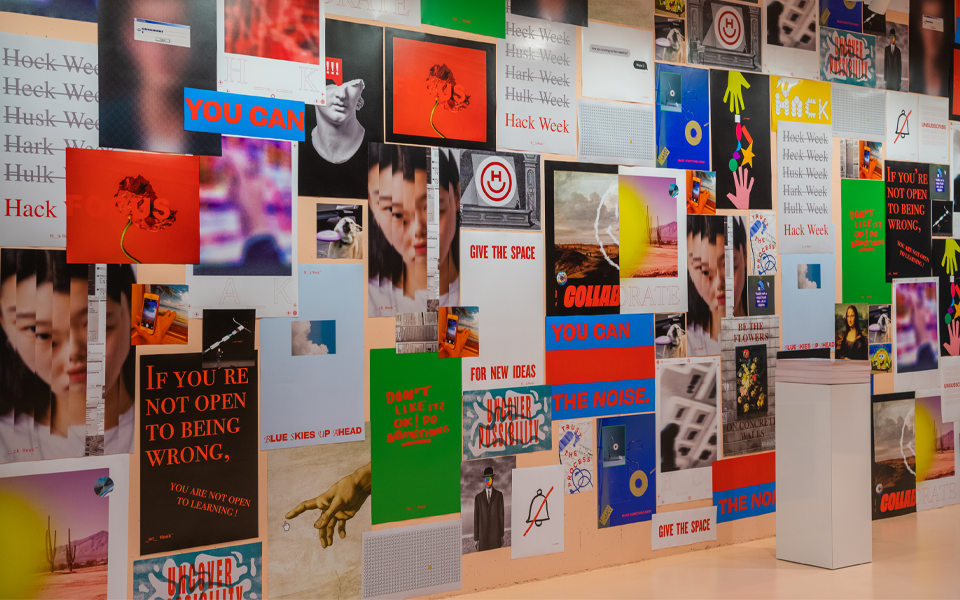
That is the power of an idea. It sparks something in people's minds, and takes off, and it spreads like wildfire.
Each year since 2011, every Dropbox employee gets a week to step away from their day job to pursue their ideas no matter how crazy or risky they are. Innovation happens on all fronts, with projects ranging from those that make a difference to our customers and our company to those that impact our own development.
“Hack Week to me is about following your intuition and indulging in your curiosity without having to ask for permission,” says Anbu Anbalagapandian, who leads the Hack Week planning committee. “Dropbox creates an environment where you can challenge yourself and work with fellow Dropboxers you might not have worked with before to bring audacious ideas to life. It’s about unscripted exploration.”
Humans have been hacking forever, but the term hackathon wasn’t coined until 1999 when ten developers gathered in Calgary to try to solve a problem related to export regulations at a cryptographic development event. It then spread in popularity in the mid 2000s when companies and venture capitalists realized it was a way to quickly explore new software technologies, and to discover new areas for innovation and funding. While most tech companies now have their own 24-hour hackathons, Dropbox was one of the early champions of the week-long event.
“Hack Week is about change,” says Max Belanger, a long-time engineer and member of the Hack Week planning committee. “We remove constraints so that people can take a step out of the box for a second and realize this is how things progress.”
In previous years, Hack Week has produced some fun, energizing projects for Dropbox culture, like sending a balloon with a phone that takes pictures from space and storing them in Dropbox. And many projects have turned into features, both big and small, for Dropbox and our products.
For many who are familiar with HBO’s show Silicon Valley, you know that lossless video compression plays a pivotal role for Pied Piper. Inspired by the show, Dropbox engineer Daniel Horn gathered a team of 10 Dropboxers during Hack Week 2015 to try to create a custom lossless image compression algorithm. What started out as an audacious idea turned into what we now call Lepton, which has saved Dropbox multiple petabytes of space—and millions of dollars.
While a range of new projects come out of every Hack Week, the creative freedom has been a constant. Belanger has been a part of every Hack Week at Dropbox since 2011, either as a planner or participant. He says Hack Week at Dropbox has evolved in many ways. To continue the tradition that started when the company was less than 50 employees, we’ve had to reinvent Hack Week a few times to scale to our current 2800 employees. Reinventing Hack Week has become a hack itself!
This year’s Hack Week proved the point by being as inclusive as possible so that every Dropboxer felt empowered to be a part of it.
“This year we wanted to focus on the strategy for messaging. We framed it as hacking our business, hacking our products, and hacking our workflows,” says Michelle Morrison, who is also on the Hack Week committee. “We thought if we offered these different lenses to see Hack Week through, that people in business, finance, customer experience, or in any of our global offices could find something to do that would really embody the spirit of Hack Week.”
Horn, who has participated in half a dozen Hack Weeks, says this year he tried to do something a little different by focusing on what his colleagues on the business side thought were the most important problems to solve, instead of just doing the projects he’d been waiting to do. As a result, Horn collaborated with the sales team in Austin on a project focused on building a smart workspace for our sales teams.
“Working with new people with different perspectives taught me so much that I wouldn’t have been able to learn in my day job, and talking with the people mired in some of these challenges that we’re trying to solve with the smart workspace was really good.”
There were several hundred projects across all Dropbox offices, ranging from creating an improved experience for employee performance reviews to a microsite showcasing the talent and stories of the women in engineering at Dropbox, to building a VR workspace so remote teams can be as collaborative as local ones.
Our Australian team launched an initiative called ‘Enlightened Summer,’ reinventing what work could look like by turning everyday work routines upside down. They experimented with getting rid of the 9-to-5 workday and doing a four-hour workday instead. They suspended email and instant chat, job swapped with colleagues, and set up a remote office on Bondi Beach. Dropboxers from our Hamburg, New York, London, and Seattle offices worked on a project that was based on Dropbox customer feedback related to automating workflows.
Hack Week this year also gave Dropboxers the time to innovate on Dropbox Spaces—which we announced in September—and the other pieces of the smart workspace we’re building. Invention and engineering are the keys to helping people work in a more enlightened way.
“If you take a look at our mission and what we're trying to do, it really comes down to giving people the tools they need in order to focus on what matters most,” says Tymn Armstrong, who worked closely with the leadership team on this year’s Hack Week. “Hack Week is the one week where we're given all the time back, and we're encouraged to turn off our phones, cancel all of our meetings, and get rid of all the obstacles that get in the way of us doing what matters most to us. So, in a sense, Hack Week is a microcosm of the environment that we're actually trying to create for the future of work.”
So this Hack Week we introduced leadership challenges, inviting Dropboxers to come up with the most innovative solutions for the problems that the leadership team identified as our biggest, most immediate needs. Our co-founder and CEO, Drew Houston, encouraged Dropboxers to find the most repetitive, cumbersome, or disruptive examples of “work about work” and come up with new, creative ways to offload that work to machines, in order to create a smarter workspace. We also had challenges from other leaders focused on the desktop app, Paper, competitive strategy, and storytelling.
Horn’s project on improving workflows for sales teams attempts to tackle the same challenge that Dropbox seeks to address with the smart workspace—trying to get the various information from multiple tools and platforms into one place where it’s both accessible and actionable.
“I liked this project because we were trying to move the needle somewhere,” Horn says. “That means moving a metric we care about—business needs are constantly being measured and optimized, so improving a direct business metric is a great way to make a difference, and to be sure that a difference is being made.”
While some Hack Week projects aimed to solve problems directly related to the company, others were motivated by a desire to solve larger issues related to work. Emily Lutz, a software engineer, was inspired by the company mission of designing a more enlightened way of working, and created a project aimed to make remote work simpler with VR.
“I realized there’s a lot of really smart people all over the place and I wanted a way for them to be just as collaborative and work for companies like Dropbox without having to uproot themselves,” says Lutz. “So my solution to that problem was creating a VR workspace, where people could, wherever they are, go into this open office and collaborate there. I chose VR specifically because I thought I could take it one step further so it wasn’t just someone pinging you in your browser, but someone tapping you on your shoulder in VR.”
Most Hack Week projects, like Horn’s and Lutz’s, are ongoing endeavors. Armstrong says Hack Week isn’t over after it’s over. “There are more opportunities to think bigger all year 'round. If you want your organization to think differently, change your environment.”
Belanger, who was an intern during his first Hack Week, says it has been a great source of motivation for him throughout his career. “I don't think it's about the number of innovations or patents that come out of it,” says Belanger. “My hope is that Hack Week helps people realize their quality and their potential. I want people to really believe they can do anything.”
